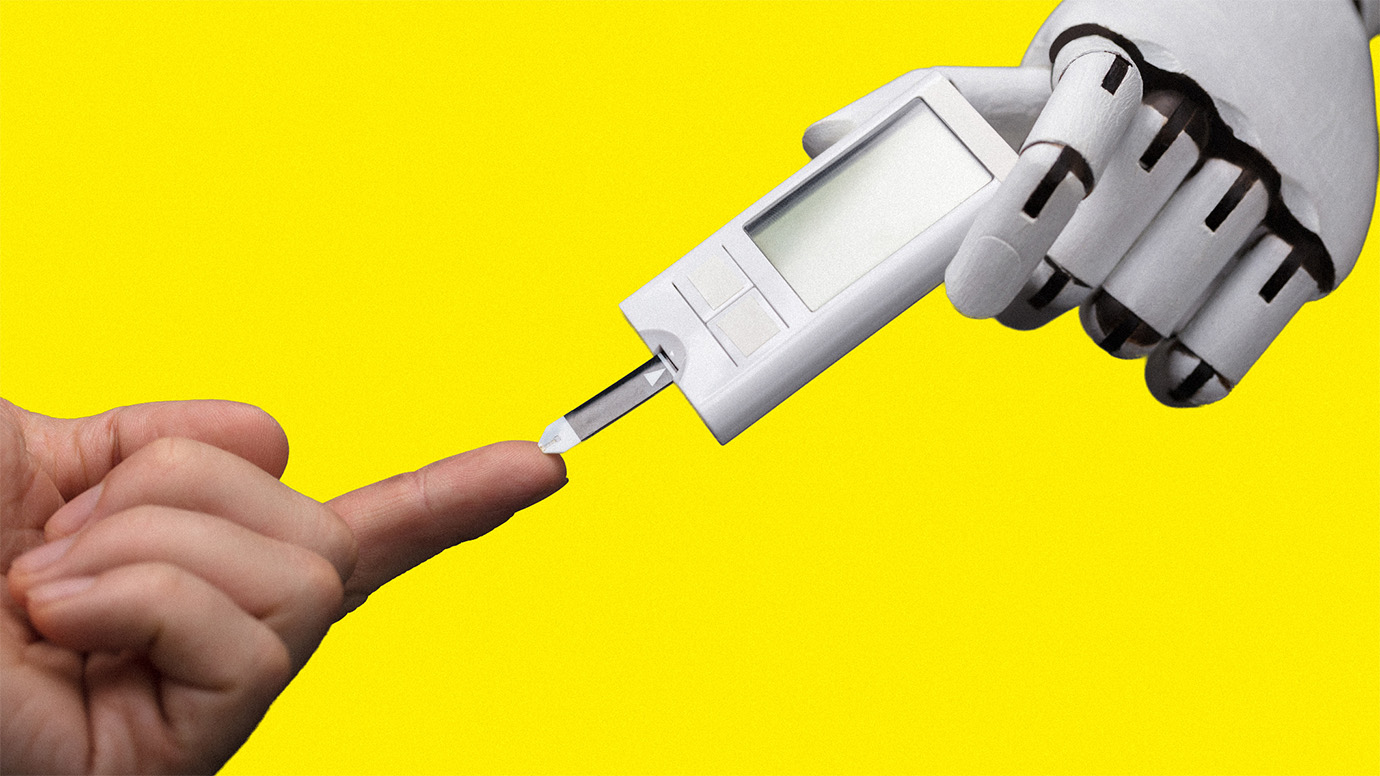Know the Warning Signs: The Hannah Hurlbut Story
Written by: Makaila Heifner
4 minute read
March 1, 2022
Editor’s Note: Get involved in Beyond Type 1’s #SeeTheSigns of diabetes campaign and save lives. Find out how to get involved and request free posters to share in your community here.
For support navigating life after a type 1 diabetes death, please visit Jesse Was Here, a unique program made possible by the JDRF – Beyond Type 1 Alliance, providing resources to spouses, siblings, grandparents and friends in need.
Hannah Hurlbut’s favorite color was teal/turqoise. She would’ve told you it was blue, but her mom, Ashley Weston, would clarify that it was teal/turqoise. She loved music and arts and crafts. And like many other 12-year-olds, she wasn’t the tidiest but when it came to her art supplies, she had them extremely organized in rainbow order.
Hannah had only cut her hair once and it hung nearly to her waist. When the nurses realized she wasn’t going to make it out of the ICU they asked her family if they wanted to cut a small lock of her hair to keep.
“My son and I looked at each other,” Ashley remembers, “And thought, “If for some reason, by some miracle, she comes out of this, and we have cut her hair, she is going to be so mad at us.’”
On April 11, 2020, however, Hannah passed away from diabetic ketoacidosis (DKA) due to undiagnosed type 1 diabetes.
Unclear symptoms
Initially, the family thought Hannah had come down with a bad cold or the flu. They attributed her frequent urination to the amount of fluids she was drinking and her dry mouth to just being sick, both symptoms of type 1 diabetes that are easy to overlook.
The family spent hours googling symptoms but were unsure of what Hannah had come down with. They were hesitant to take her into the hospital as it was the beginning of the COVID-19 pandemic in the United States, and they didn’t want to risk exposing her to the virus. Hannah already had asthma and was immunocompromised.
A little over 24 hours later, Ashley called the ambulance. “She made this weird gasp, and then she was stiff as a board and her eyes rolled back a little bit. I thought she was having a seizure because she had those when she was little. She made this weird sound. I screamed for my husband, he came running out and immediately started performing CPR while I called for an ambulance. She exhaled and then her lungs didn’t inflate again.”
Hannah was quickly taken to their local hospital where she was immediately life-flighted to a larger ER about an hour from the family’s home in Missouri. Once Ashley arrived at the hospital, the doctors asked how long Hannah had had type 1 diabetes.
“The doctors told us, “The preliminary test results show that her sugars are pretty high, and we think that it might be diabetes.” I’m like, “So what do you mean her sugar? I don’t understand.” The doctor said, “We think she has type 1 diabetes. But we need to wait for some more test results.”’
After several days in the hospital, Hannah was officially diagnosed with type 1, but her overall health began declining.
“She was starting to swell,” Ashley says, “Because her kidneys were failing, and the rest of her organs were failing. They told me that she was going into multi-system organ failure.”
Community support
Together, the family had to make the heart-breaking decision to take Hannah off life-support. Ashley embarked on a journey of grief and found a lot of support through the diabetes community, which has been extremely helpful for Ashley since Hannah’s passing.
“There are so many stories that were exactly like Hannah’s. Like, your story is my story, my child’s story. That happened to me. It was sudden onset, undiagnosed. It made me feel like I wasn’t crazy, that I wasn’t alone, that I wasn’t a horrible mother.”
“You second guess every decision you make,” continues Ashley, “Even when they’re still living. As a parent, you second-guess yourself all the time. Am I doing a good job? Am I doing enough? Am I doing too much? But being with a group that understands not only losing a child but losing a child to this illness is a special kind of group. I’m in other support groups for people that have lost their children, and they are also amazing because all grief is different, but there’s something so humongous about the loss of a child.”
Ashley is a bit timid when it comes to the diabetes space. She tells us that she’s still learning about the disease and trying to better understand how to advocate for people with diabetes.
“I almost feel like a fraud,” Ashley explains, “Because I’m still learning myself about type 1, and I get a lot of questions about it, but I only lived with Hannah and her diagnosis for three days.”
It has been a little over a year since Hannah has passed. The family continues to honor her memory through a variety of memorial funds, t-shirt sales and a pumpkin patch fundraiser. Ashley also continues to tell her story to keep her memory alive but also in hopes that it may help another family or person who is struggling with undiagnosed diabetes.
When asked what Ashley would tell other parents, she says, “Know the signs. Be looking for them. Educate yourself and your children; Hannah’s siblings saw some of the signs that we didn’t see. They’re with each other more often than the parents are because they’re playing together, they’re reading. We need to get the symptoms and the warnings out. Go with your gut. If you’re a parent, and something is wrong, fight that doctor. Get them seen. Get them care. Be a nuisance. Beg—“I’m sorry, but I want her checked for this. I want him checked for that.” If nothing else, just to shut me up. Because so many times, even some of the doctors are saying that’s not the case. Overall, know the signs and fight for your child.”
Learn more about Beyond Type 1’s #SeeTheSigns of Diabetes Awareness Campaign here.
Jesse Was Here, a program of Beyond Type 1, is supported by the JDRF – Beyond Type 1 Alliance.
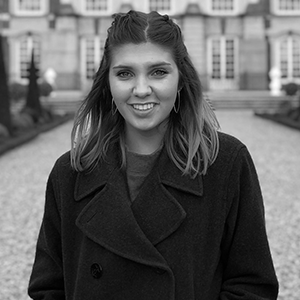
Author
Makaila Heifner
Makaila was diagnosed with type 1 diabetes at 16 months old. Before joining the Beyond Type 1 team in 2019, she worked at several diabetes camps, including Camp Leo and DYF. Makaila earned her B.A. in Global Studies and a Minor in Public Policy from the University of California, Berkeley. She now lives in Austin, TX, and enjoys getting outside, seeing live music and reading IMDB movie trivia. Check her out on Instagram: @makailaheifner.
Related Resources
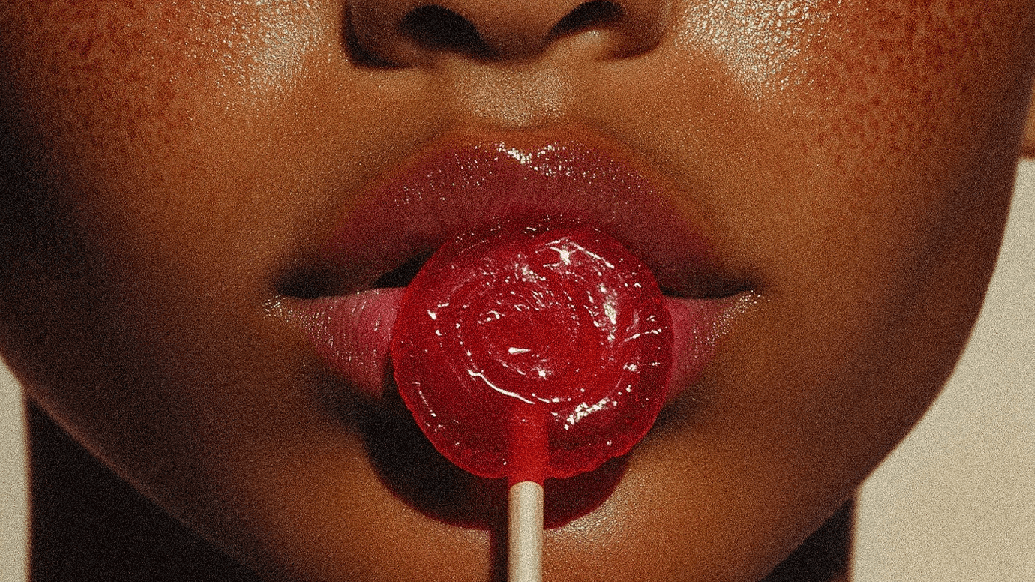
A diabetes diagnosis doesn’t mean your sex life is off-limits. It's still yours to enjoy—just...
Read more
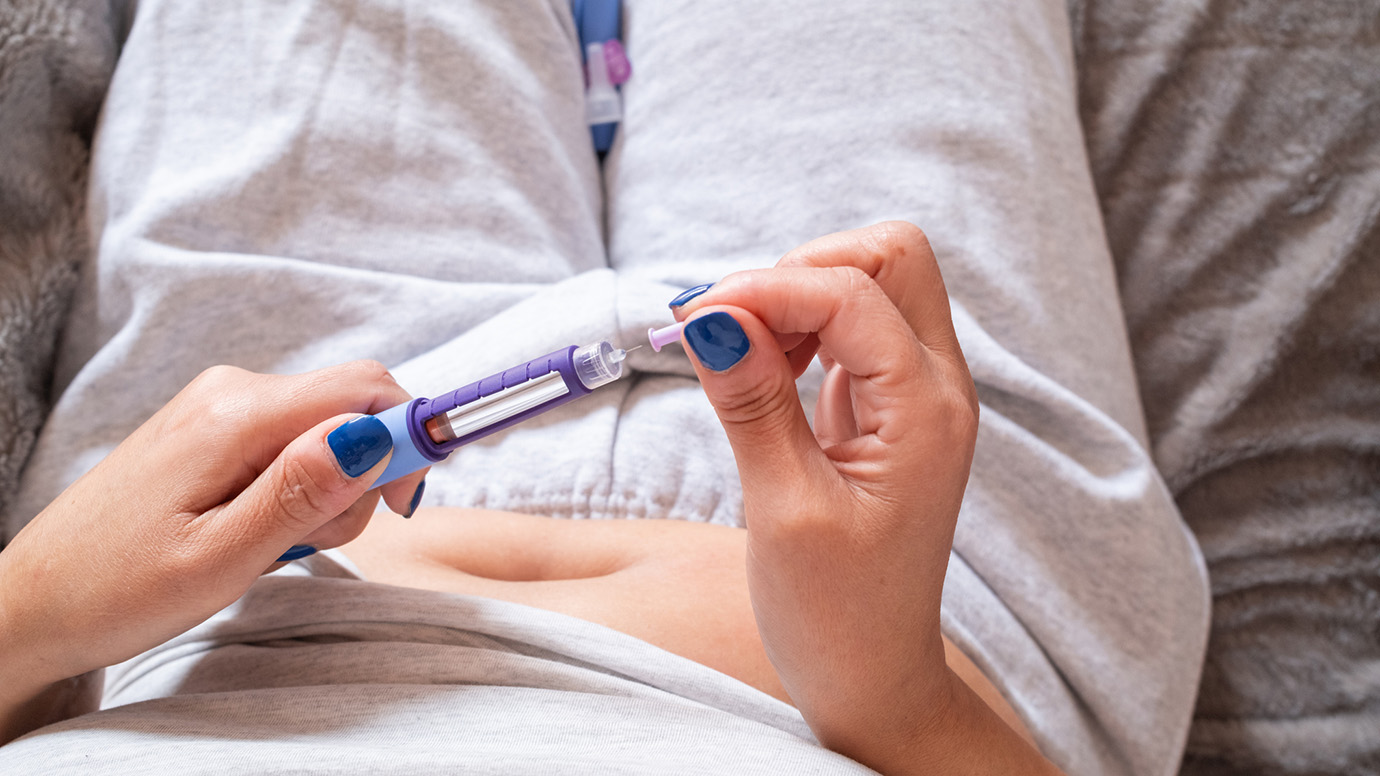
Insulin is the main hormone your body uses to control how much sugar is in...
Read more
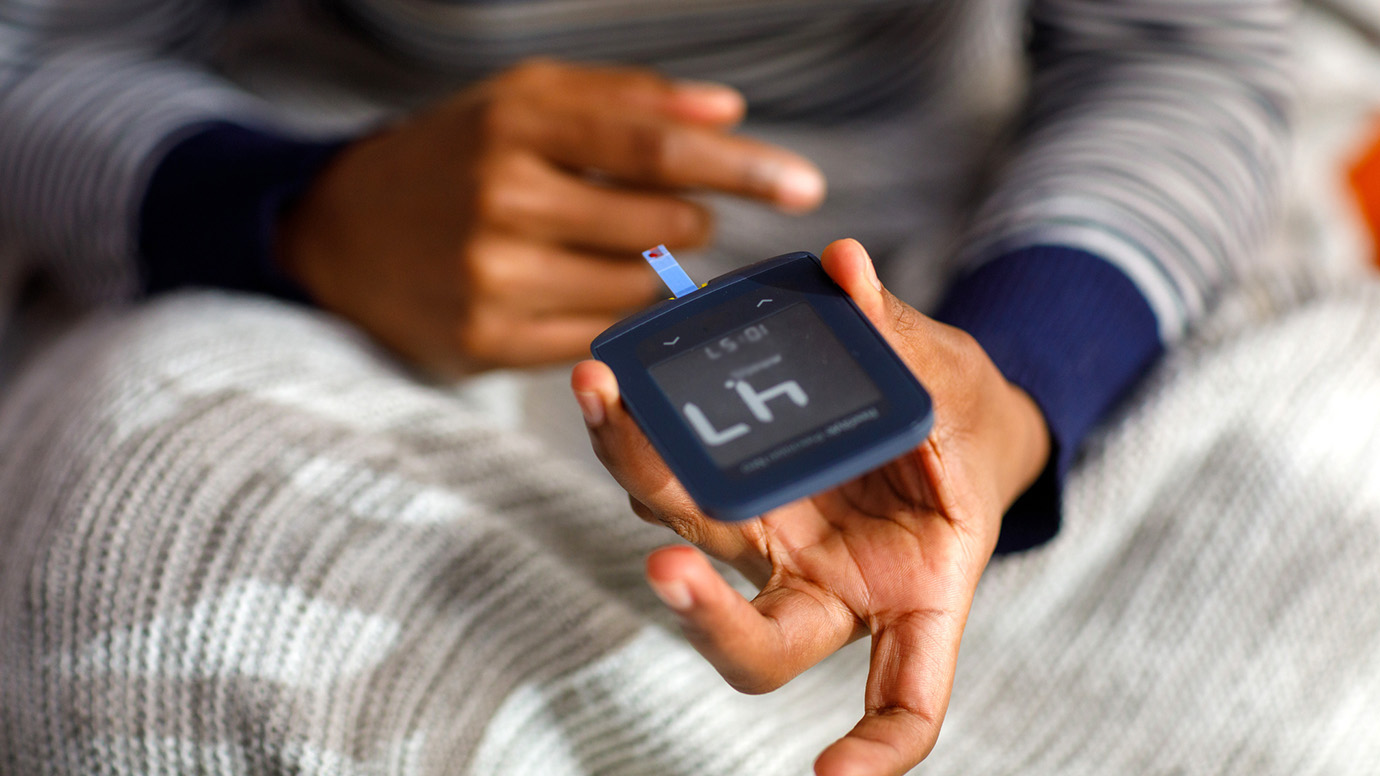
If you have diabetes, you know insulin affects low blood sugar (hypoglycemia), but it’s not...
Read more

